(I had some tech issues with my blog this week, but I’m back in business now. Phew.)
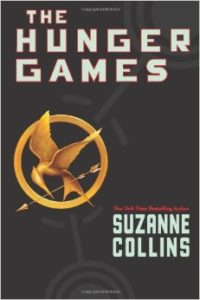 Our April mother-daughter book club read was The Hunger Games by Suzanne Collins. (Perhaps you’ve heard of it?) Yes, I managed to make it until 2016 without reading this juggernaut of a book, which is the first of a best-selling trilogy and a blockbuster movie that pretty much everyone other than me has seen. I decided to include it in the mother-daughter book club list this year because my daughters had been asking about reading it, and I figured that I would read it with them.
Our April mother-daughter book club read was The Hunger Games by Suzanne Collins. (Perhaps you’ve heard of it?) Yes, I managed to make it until 2016 without reading this juggernaut of a book, which is the first of a best-selling trilogy and a blockbuster movie that pretty much everyone other than me has seen. I decided to include it in the mother-daughter book club list this year because my daughters had been asking about reading it, and I figured that I would read it with them.
The Hunger Games takes place in a dystopian future. What was once North America is now a country called Panem, which is made up of a Capitol surrounded by twelve districts. The Capitol keeps the districts in line through controlled deprivation and an annual event called The Hunger Games. In the Games, each district sends a boy and a girl to compete in a televised fight-to-the-death in which only competitor can survive. In District 12, a sixteen year-old named Katniss volunteers to compete when her younger sister’s name is drawn in the lottery – the ultimate sacrifice.
The Hunger Games is a stressful book. As a reader, you feel the ever-present brutality of the Games on every page. Some of the deaths are pretty gruesome. But the violence, while considerable, is manageable, at least in book form. Katniss is a formidable heroine – smart, physically strong and stoic. One of the main themes of the book is her relationship with the other competitor from District 12 – Peeta. She and Peeta ultimately decide to work together to help each other stay alive, and concoct a plan to ensure that they don’t have to try to kill each other at the end. The question, of course, is whether Peeta and Katniss can garner enough viewer and sponsor support to make it through the Games, and whether The Capitol will be persuaded by their story to allow them each to live.
I am impressed with Suzanne Collins’ ability to conjure this bleak society yet make it feel like a place that we can relate to today. The reality TV/mass entertainment aspect of the Games really hit home for me and made me embarrassed for the hours of reality TV I’ve watched over the years. While people may hate the Games and what they represent, they tune in and watch. Their allegiances and reactions impact the outcome, which is partially in the hands of the Gamemakers. How much has reality TV anesthetized us to violence and danger in the name of entertainment?
I found The Hunger Games more stressful than my daughters did. They really liked it, and picked up the sequels immediately upon finishing it. I have a hard time with any book in which kids’ lives are in danger, so this one ranked high up there in the stressful/disturbing camp for me. My daughters didn’t have as hard a time with the violence. Maybe it seemed too unrealistic to them?
We had a good discussion of the book at our meeting – we covered a lot of questions, including several about loyalty, strategy and what the girls would do if they were in the same situation at Katniss. We also discussed Peeta and Katniss’ relationship (was it for real?) and The Capitol’s motivation in holding the Games every year.
I’m glad I read The Hunger Games and will likely take a look at the sequels and the movies too. I can understand why it has done so well.

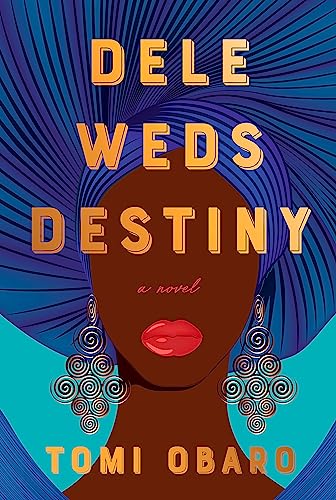
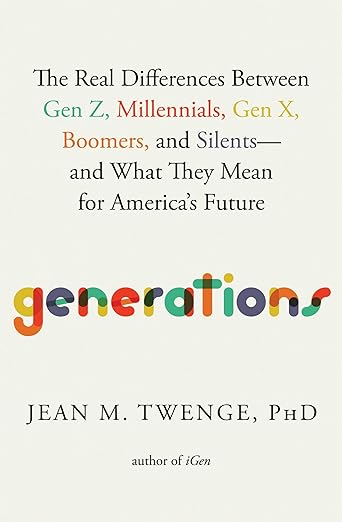
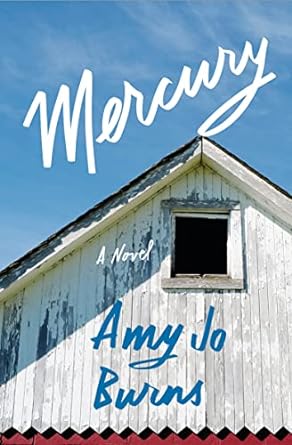
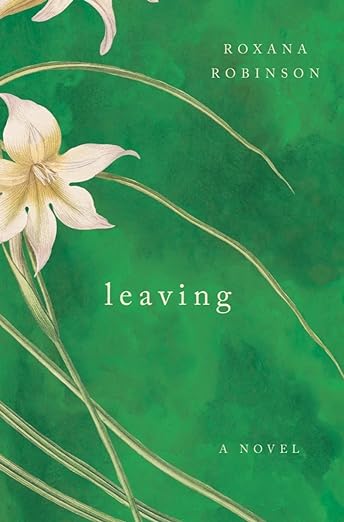
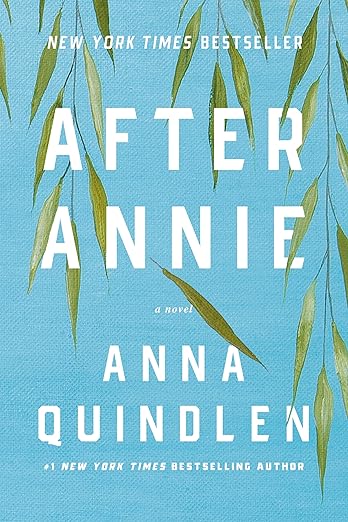
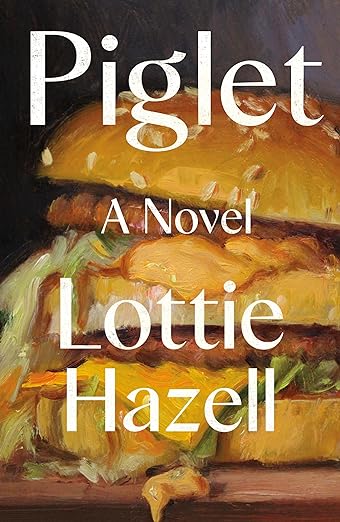
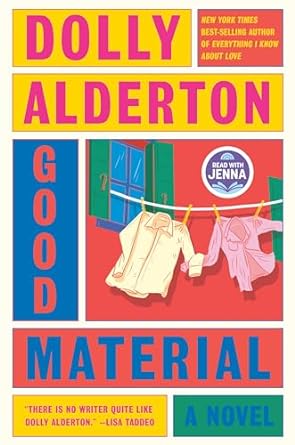
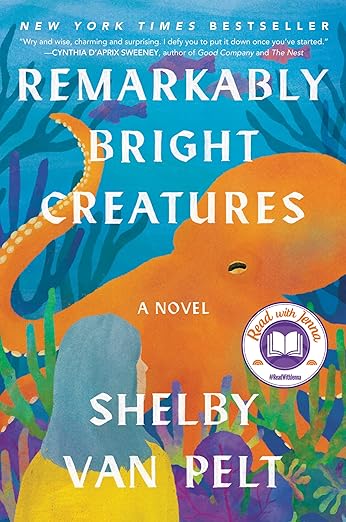
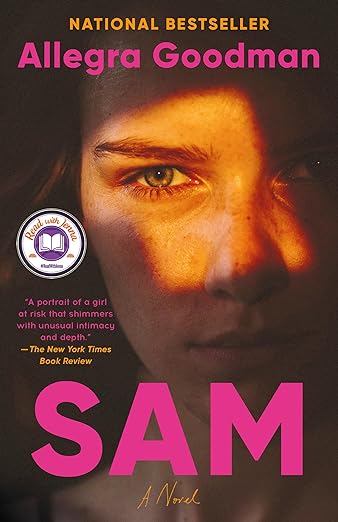
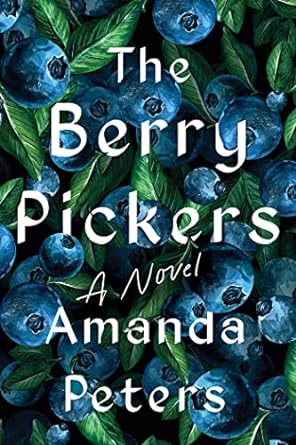
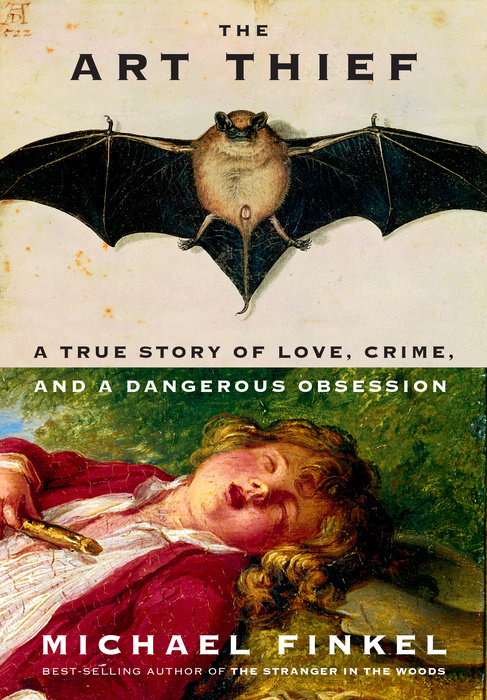
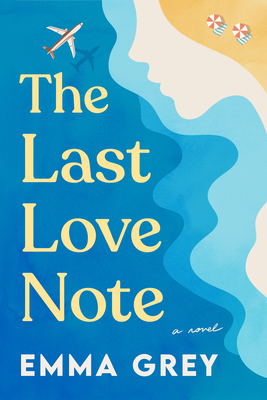
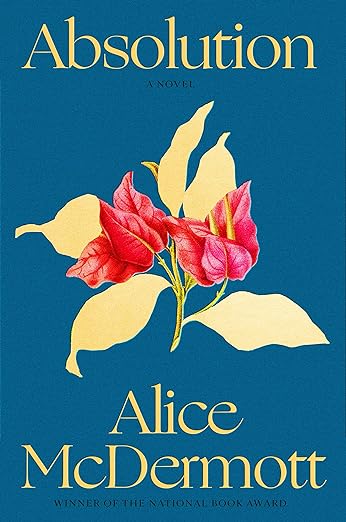
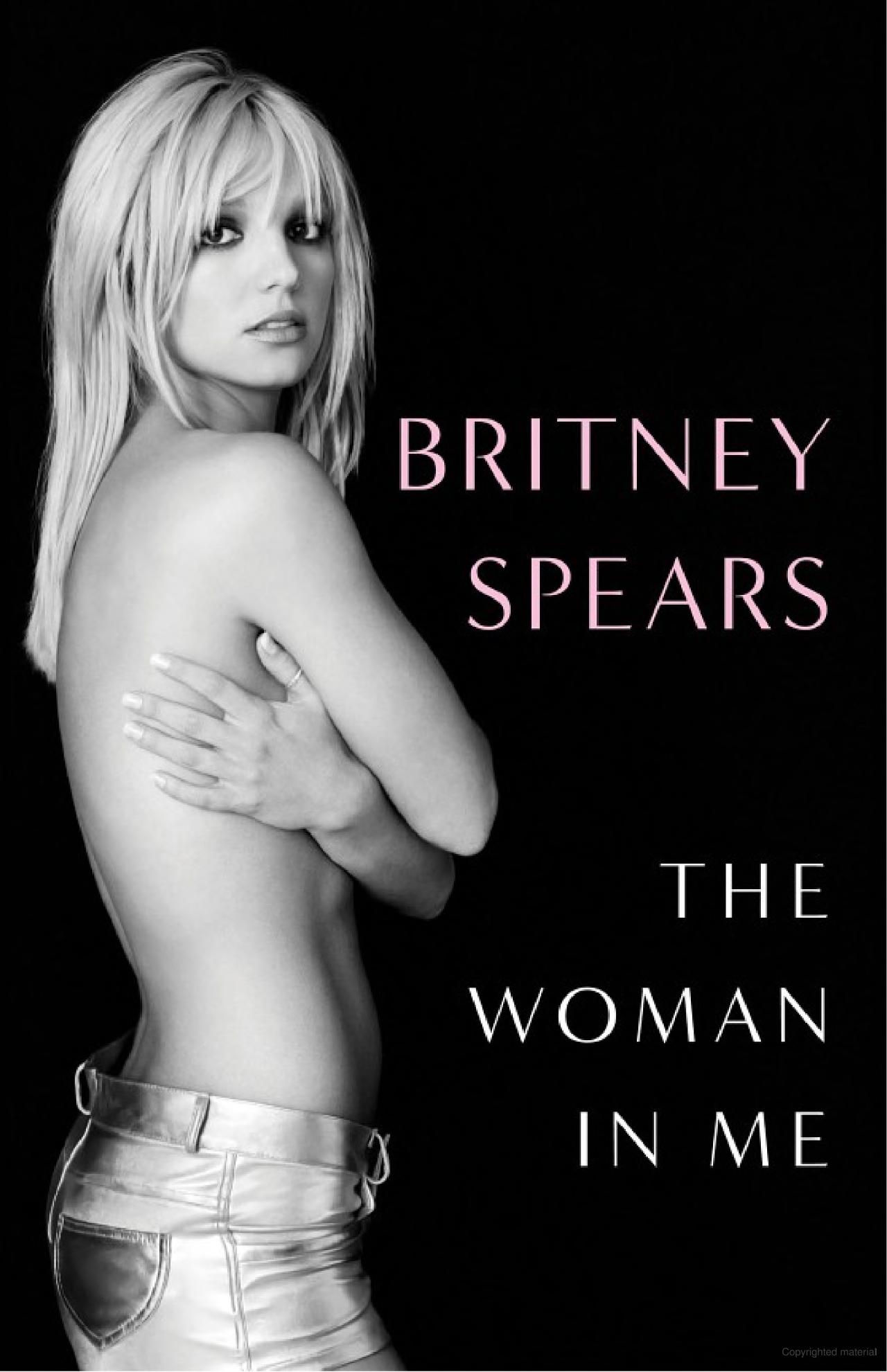
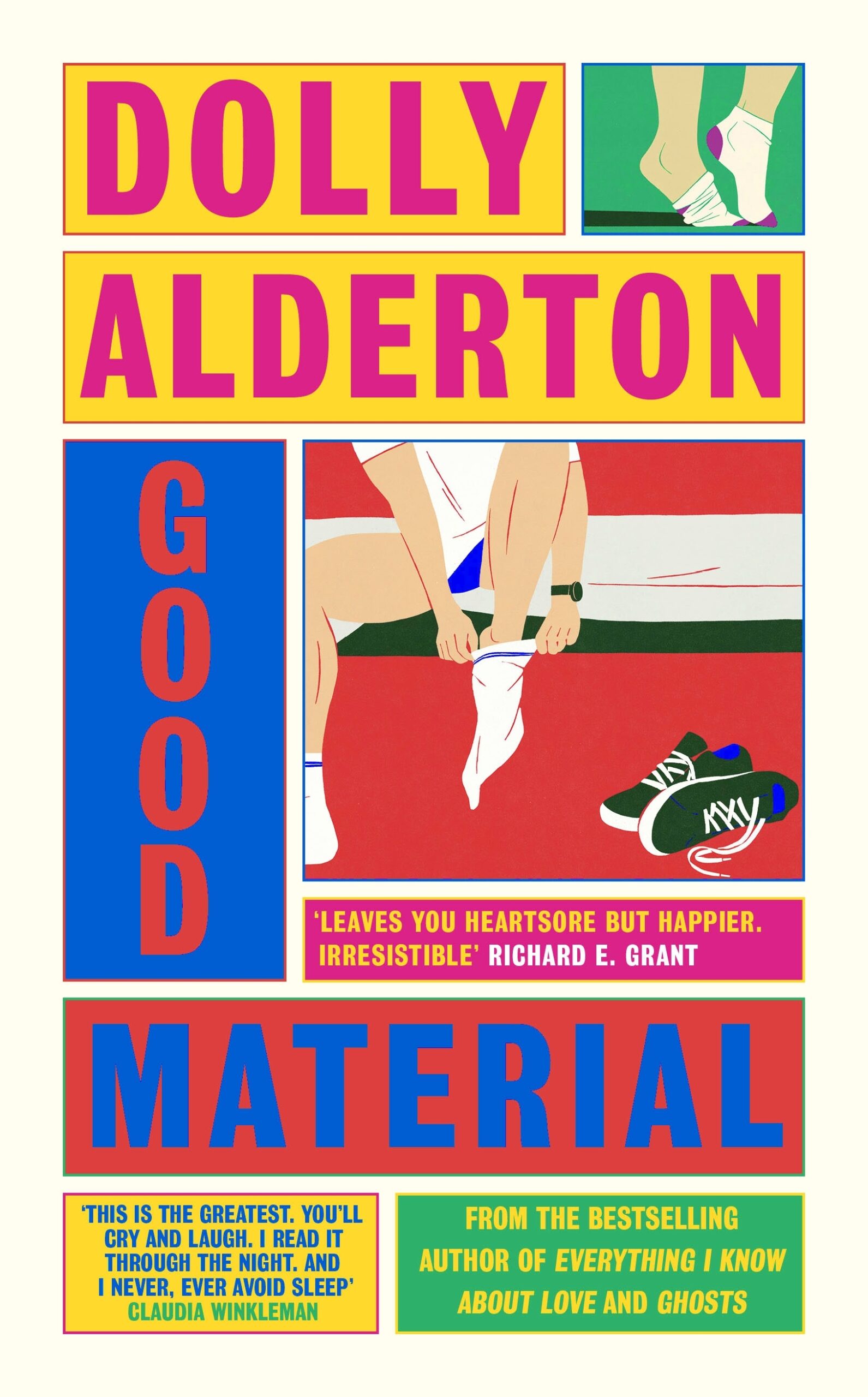
About Me
I have been blogging about books here at Everyday I Write the Book since 2006. I love to read, and I love to talk about books and what other people are reading.